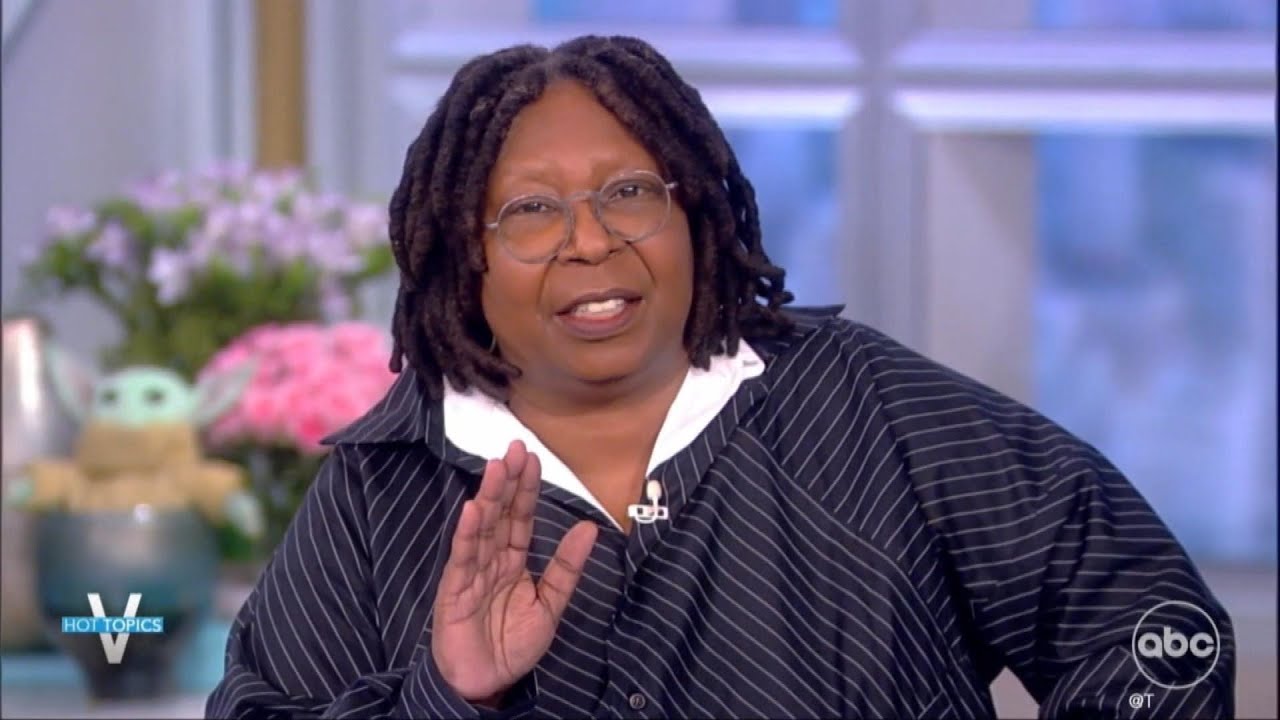Featured
January 1, House Passes Bill To Avert Government Shutdown

The House has passed a bill, known as a continuing resolution (CR), with “laddered” deadlines designed to allow the House and Senate to negotiate full-year spending bills and avoid a massive year-end spending bill called an omnibus. However, this could still trigger two more standoffs leading to partial government shutdowns early next year.
Funds for various departments and programs would expire on different dates, with some expiring on Jan. 19 and others on Feb. 2. The bill passed the House under a process called “suspension of the rules,” which required two-thirds of the chamber to approve the measure due to opposition from some far-right Republicans.
Senate Majority Leader Charles E. Schumer (D-N.Y.) said, “I am heartened — cautiously so — that Speaker Johnson is moving forward with a CR that omits precisely the sort of hard-right cuts that would have been nonstarters for Democrats.”
He added that the proposal would avert a shutdown without making any hard-right cuts demanded by the right-wing.
Speaker Johnson lost 93 Republican votes and faced opposition from conservatives and deficit hawks. However, there was no immediate sign that the right wing would push to oust him. Rep. Chip Roy (R-Tex.), a member of the far-right House Freedom Caucus, said that Republicans opposed to the CR had discussed “a couple of different actions” in response to Johnson’s reliance on Democratic votes to pass the bill but did not specify any actions.
Johnson rejected a $106 billion national defense spending request from President Biden, which included funding for Ukraine’s defense against Russia, Israel’s fight against Hamas terrorists, countering Chinese influence in the Pacific, and security along the U.S.-Mexico border. Instead, he broke off the Israel funding into its own bill and paired it with $14 billion in cuts to the Internal Revenue Service. Johnson also linked additional aid for Ukraine to major changes in U.S. immigration policy.
Attempts to push through appropriations bills have been met with limited success, as Johnson faces opposition from GOP moderates and conservatives on various issues. These disputes have deprived Johnson of leverage in negotiations with the Democratic-controlled Senate.
If the House and Senate haven’t agreed on 12 appropriations laws by the start of next year, across-the-board 1 percent spending cuts are set to kick in at the end of April. So far, the House is pushing for spending laws funded at far lower levels than the Senate and lower than the levels that Biden and McCarthy had agreed on earlier this year in a deal involving the federal debt ceiling.
Why It Matters
The House passing this continuing resolution (CR) is a slap in the face to us conservatives who demand fiscal responsibility. By avoiding hard-right cuts, we’re left with a bill that caters to Democrats and fails to address crucial issues like national defense and border security. Speaker Johnson’s reliance on Democratic votes to pass the bill shows a lack of unity in the Republican Party, leaving us conservatives feeling betrayed.
The fact that our leaders are willing to negotiate with Democrats, instead of standing up for our values, is a disgrace. This CR is nothing more than a band-aid, delaying the inevitable fight for better spending bills. We need to hold our elected officials accountable and demand they prioritize conservative values in future negotiations.
As our loyal readers, we encourage you to share your thoughts and opinions on this issue. Let your voice be heard and join the discussion below.

-

 Entertainment2 years ago
Entertainment2 years agoWhoopi Goldberg’s “Wildly Inappropriate” Commentary Forces “The View” into Unscheduled Commercial Break
-

 Entertainment1 year ago
Entertainment1 year ago‘He’s A Pr*ck And F*cking Hates Republicans’: Megyn Kelly Goes Off on Don Lemon
-

 Featured2 years ago
Featured2 years agoUS Advises Citizens to Leave This Country ASAP
-

 Featured2 years ago
Featured2 years agoBenghazi Hero: Hillary Clinton is “One of the Most Disgusting Humans on Earth”
-

 Entertainment1 year ago
Entertainment1 year agoComedy Mourns Legend Richard Lewis: A Heartfelt Farewell
-

 Featured2 years ago
Featured2 years agoFox News Calls Security on Donald Trump Jr. at GOP Debate [Video]
-

 Latest News1 year ago
Latest News1 year agoNude Woman Wields Spiked Club in Daylight Venice Beach Brawl
-

 Latest News1 year ago
Latest News1 year agoSupreme Court Gift: Trump’s Trial Delayed, Election Interference Allegations Linger
Terry W. Leach
November 18, 2023 at 11:07 am
The new speaker is being pragmatic, not dogmatic! I am a conservative morally and fiscally, but I am not a nut case like Gatz!